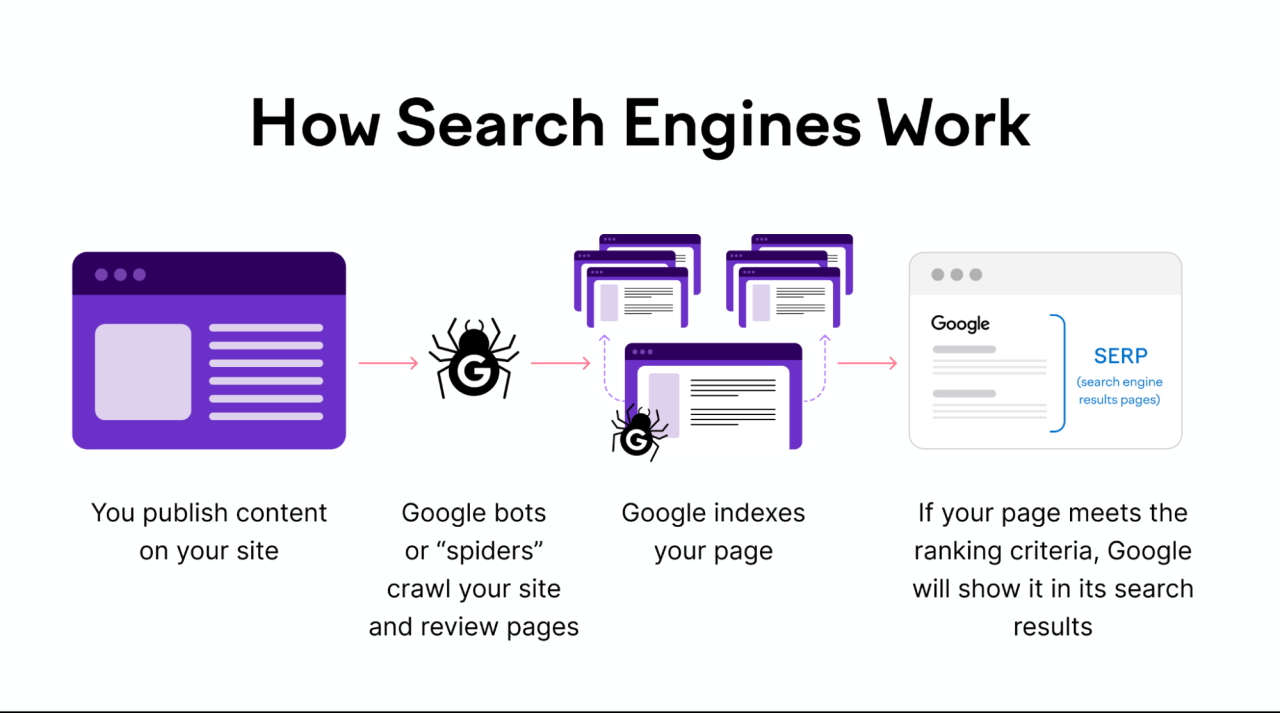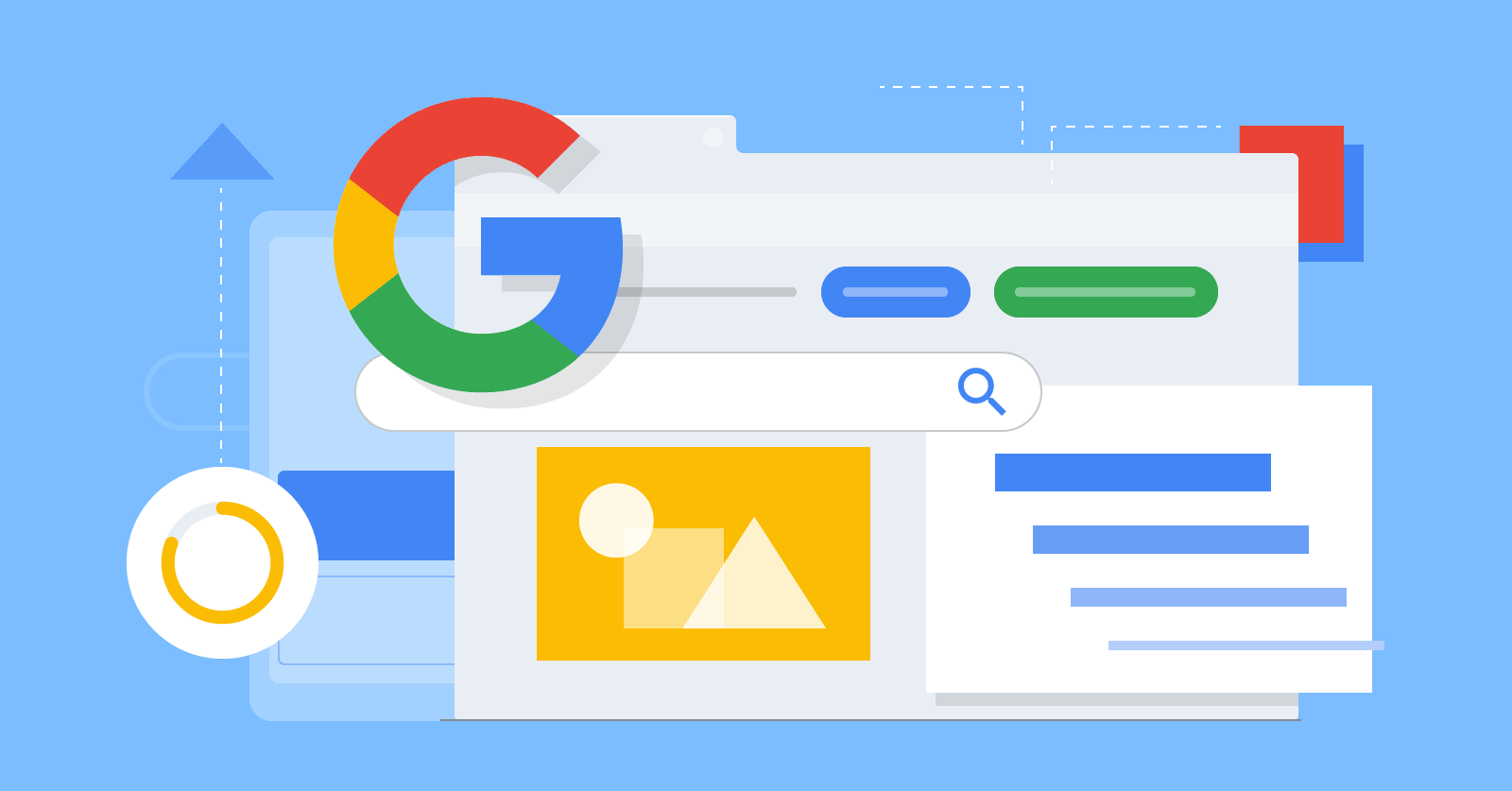
In the world of search engine optimization (SEO), there is a fine balance between providing valuable, informative content and overloading a website with repetitive information. Many website owners wonder, “Is repeat info on a website bad for SEO?” The answer is a bit more nuanced than a simple yes or no.
While some level of repetition is natural and necessary for certain key concepts, overusing repetitive information can harm your website’s search engine rankings and user experience. In this comprehensive guide, we’ll explore the impact of repeated content on SEO, why it happens, and how you can avoid the pitfalls that come with it.
Understanding Repetitive Content and Its Impact on SEO
Repetitive content occurs when the same or very similar information is presented across multiple pages or sections of a website. This can happen intentionally, such as when website owners attempt to reinforce important points, or unintentionally, such as when pages are duplicated.
Google and other search engines value unique, high-quality content, and when a website has too much repetition, it can signal to search engines that the site is not providing fresh or valuable information.
So, is repeat info on a website bad for SEO? The answer is generally yes. Is repeat info on a website bad for SEO? Search engines prioritize websites with unique and relevant content. When the same information appears repeatedly across different pages, it can lead to lower rankings, penalties, and even exclusion from search results.
Search engines are designed to deliver the best possible results to users, and sites that fail to offer distinctive value may suffer in their rankings. Let’s explore why this occurs and how you can adapt your SEO strategy to avoid these issues.
 How Search Engines View Repetitive Content
How Search Engines View Repetitive Content
Search engines like Google are constantly striving to provide users with the most relevant and useful results. To achieve this, they focus on several factors, including content uniqueness, relevance, and user satisfaction. Repetitive content, especially when it’s overused, can negatively impact these factors in several ways:
a. Content Duplication
When search engines encounter repeat info on a website, they may consider it as duplicate content. Duplicate content can be defined as blocks of text that are either exactly the same or very similar to content found on another page, either within your own website or on an external site.
Google and other search engines may struggle to determine which page should rank for a particular query, leading to both pages being ranked lower or ignored entirely. Search engines want to ensure that each page they index provides unique value, and repetition does not contribute to that goal.
b. Decreased Relevance
Repeated information can dilute the overall relevance of a website. If multiple pages on your site are focused on the same keyword or topic without providing new insights, search engines may view this as an attempt to game the system, also known as “keyword stuffing.” Over-optimizing your content by using the same keywords and phrases repeatedly can reduce your site’s relevance for other important keywords and lower your chances of ranking well for your target terms.
c. User Experience (UX)
User experience is one of the most critical factors in SEO success. Repeated information on a website can harm UX, as users who encounter the same content on different pages may become frustrated or disinterested.
When users feel they are being presented with redundant or irrelevant content, they are more likely to leave your site, which increases your bounce rate and signals to search engines that your website may not be offering the best experience. High bounce rates can result in lower search engine rankings over time.
d. Wasted Crawl Budget
Crawl budget refers to the number of pages that search engines will crawl and index on your site within a given time frame. When your website contains repetitive content, search engines may waste valuable crawl budget by indexing duplicate pages instead of discovering new, valuable content.
This can limit the visibility of important pages on your site, which may otherwise rank well. Search engines prioritize efficient use of their resources, so it’s in your best interest to ensure that each page on your site offers something new and useful.
Types of Repetitive Content That Can Harm SEO
Not all repeat info on a website is bad for SEO in the same way. Certain types of repetitive content are more harmful to SEO than others. Let’s examine some of the most common types of repetitive content that can negatively affect your website’s SEO performance:
a. Duplicate Meta Descriptions and Titles
Meta titles and descriptions play a significant role in on-page SEO by helping search engines understand the content of a page. If your website uses the same meta title or description across multiple pages, search engines may struggle to differentiate between those pages.
This can lead to poor rankings, as each page will not stand out in the way it should. Avoid duplicating meta tags and ensure that each page has a unique title and description that accurately reflects its content.
b. Identical Product Descriptions on E-commerce Sites
For e-commerce websites, it’s common to have similar or even identical product descriptions for products that are closely related. However, using the same product description across multiple listings can be detrimental to your SEO.
Each product page should be optimized with unique descriptions that highlight specific features and benefits, even if the products are similar. Adding customer reviews, unique selling points, and specifications can help differentiate product pages.
c. Copied Blog Posts or Articles
If your website features blog content, it’s essential to avoid copying and pasting articles from one page to another.
Even though it might seem tempting to reuse content, especially when covering similar topics, search engines will recognize the duplication and could penalize your site. Instead, focus on creating fresh, well-researched articles for each topic you cover, even if they share common themes.
d. Redundant Pages
Sometimes websites create redundant pages for different geographic locations, services, or products, with only minor differences in wording. While it’s important to target different keywords, creating multiple pages with very similar content can dilute your SEO efforts. Instead, consider creating a single, well-optimized page for each topic or category that incorporates variations naturally within the content.
How to Prevent Repetitive Content from Affecting Your SEO
If you’re concerned about whether repeat info on your website is bad for SEO, the good news is that there are several strategies you can use to minimize repetition and improve your content’s performance.
By focusing on content differentiation, SEO best practices, and user experience, you can ensure that your website provides value without falling into the repetition trap.
a. Perform a Content Audit
The first step to addressing repetitive content is to perform a comprehensive content audit. This involves reviewing all the pages on your website to identify instances where content is repeated or too similar.
Tools like Google Search Console, Screaming Frog, and SEMrush can help you analyze your site for duplicate content. Once you’ve identified these areas, you can revise or consolidate the pages to ensure each one offers unique value.
b. Consolidate Similar Pages
If you find that multiple pages on your site cover the same or very similar topics, consider consolidating them into a single, comprehensive page. This can improve your site’s SEO by reducing redundancy and providing users with a more cohesive resource.
For example, instead of having separate pages for each small variation of a product or service, create a unified page that covers all the relevant details in one place.
c. Use Canonical Tags
Canonical tags are an effective way to deal with duplicate content on your website. These tags tell search engines which version of a page is the “master” version, preventing duplicate content from harming your SEO.
If you have multiple pages with similar content (such as different product pages), using canonical tags can help consolidate their SEO value and prevent penalties.
d. Create Unique Meta Titles and Descriptions
Every page on your website should have a unique meta title and description that accurately reflects the content of that page. Avoid repeating the same phrases across multiple pages, as this can confuse search engines and hurt your rankings.
By using unique titles and descriptions, you not only improve SEO but also enhance the user experience by giving visitors a clear understanding of what each page offers.
e. Add Value to Repeated Topics
If you need to cover the same topic on multiple pages (for example, if you have an e-commerce site with similar products), make sure to add new value to each page.
You can do this by including unique information, such as product reviews, customer testimonials, or detailed specifications that set each page apart. By offering different perspectives or insights, you can avoid repetition and improve your content’s SEO performance.
f. Focus on User Intent
When creating content, always keep user intent in mind. What are visitors looking for when they land on your page? By understanding and addressing user intent, you can create content that is more relevant and engaging, reducing the need for repetition.
Each page should serve a specific purpose and answer the questions your audience is asking, which will naturally reduce the amount of repetitive content.
Conclusion: Is Repeat Info on a Website Bad for SEO?
To sum up, repeat info on a website can be bad for SEO if it leads to duplicate content, decreases relevance, harms user experience, or wastes crawl budget. While some level of repetition is unavoidable, particularly for websites that cover similar topics or products, it’s important to minimize redundant content and focus on providing unique, valuable information on every page.
By performing content audits, consolidating similar pages, using canonical tags, and focusing on user intent, you can prevent repetition from harming your site’s SEO performance and ensure that your website ranks well in search engine results. Remember, quality content is key, and every page on your website should offer something new and valuable to your audience.
Ready to elevate your business? Explore our Fully Managed SEO Services for customized solutions and claim your free SEO consultation now. Visit Fully Managed SEO Services to enhance your online strategy, and start your success journey with Free SEO Consultation.
 WhatsApp Now
WhatsApp Now
 +(91) 8700778618
+(91) 8700778618





